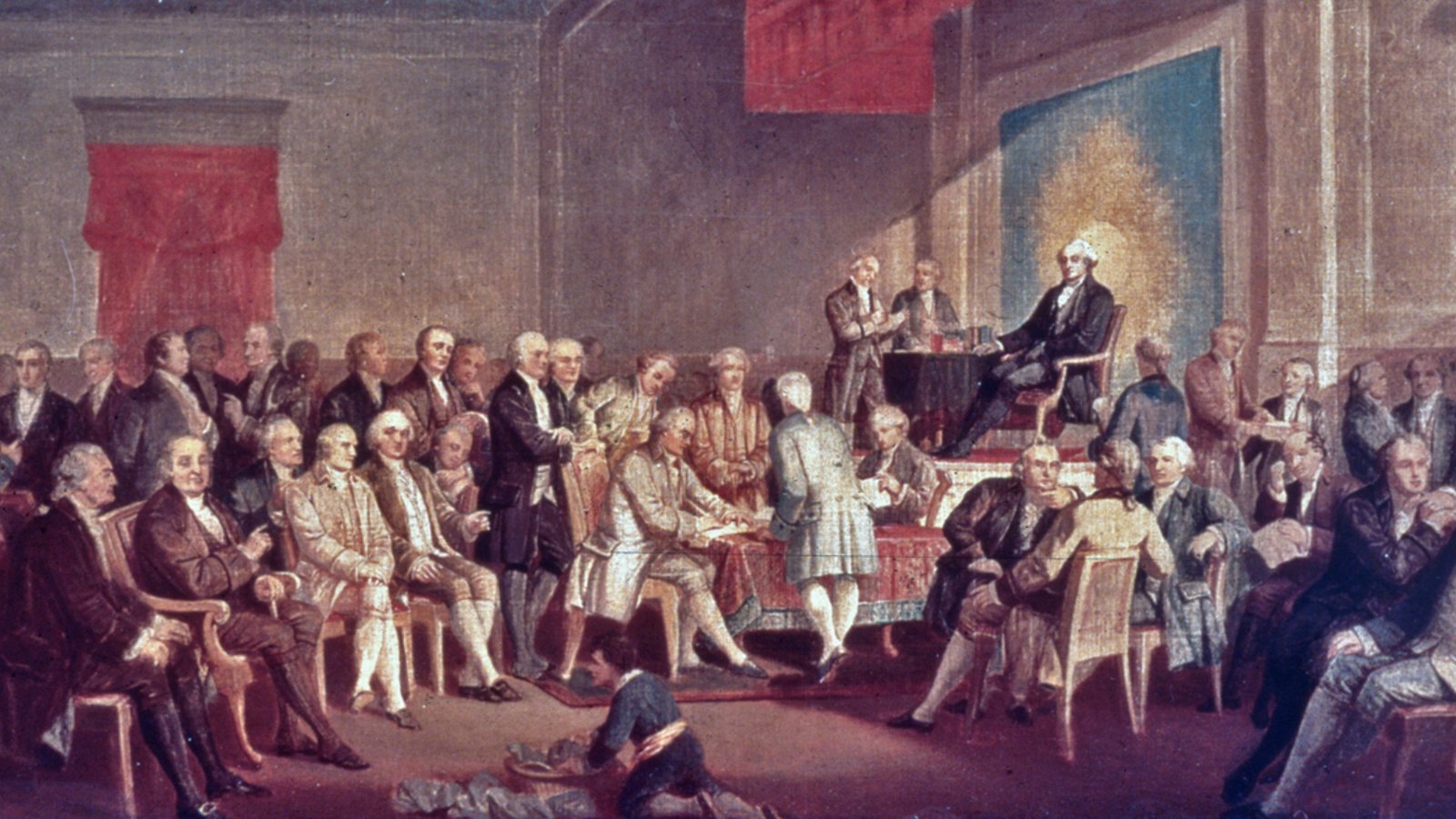EvilCat Breath
Diamond Member
- Sep 23, 2016
- 81,992
- 57,233
- 2,645
I sincerely hope you are right.someones opinion.....Nellis Air Base sure as hell doesnt seen to fit that description....right now a bunch of Air Forces from around the world are here for their Red Flag exercises....
